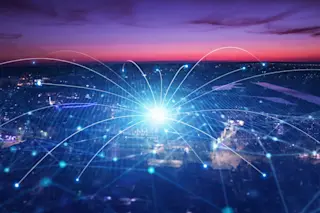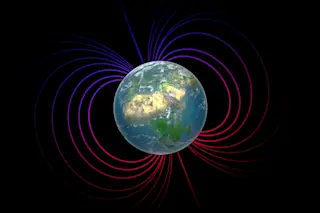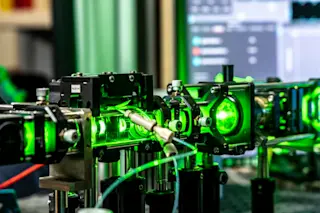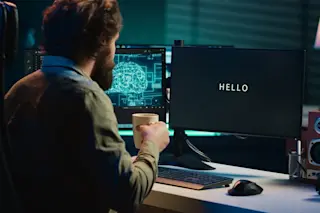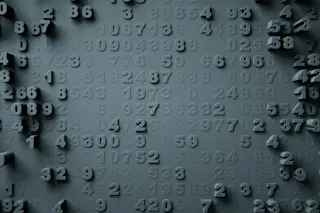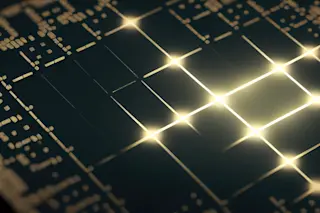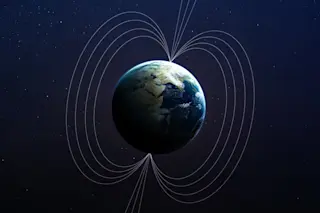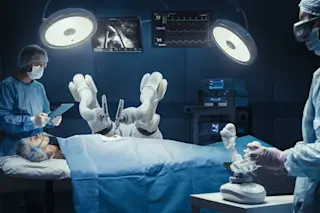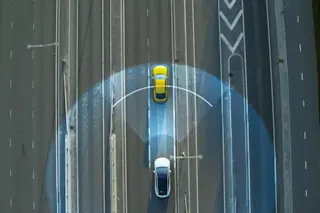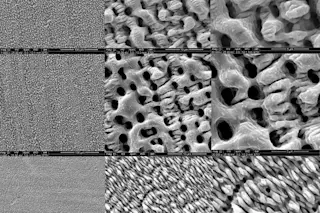With their latest film WALL-E, Pixar Studios have struck cinematic gold again, with a protagonist who may be the cutest thing to have ever been committed to celluloid. Despite being a blocky chunk of computer-generated metal, it's amazing how real, emotive and characterful WALL-E can be. In fact, the film's second act introduces a entire swarm of intelligent, subservient robots, brimming with personality.
Whether or not you buy into Pixar's particular vision of humanity's future, there's no denying that both robotics and artificial intelligence are becoming ever more advanced. Ever since Deep Blue trounced Garry Kasparov at chess in 1996, it's been almost inevitable that we will find ourselves interacting with increasingly intelligent robots. And that brings the study of artificial intelligence into the realm of psychologists as well as computer scientists.
Jianqiao Ge and Shihui Han from Peking University are two such psychologists and they are interested in the ...


